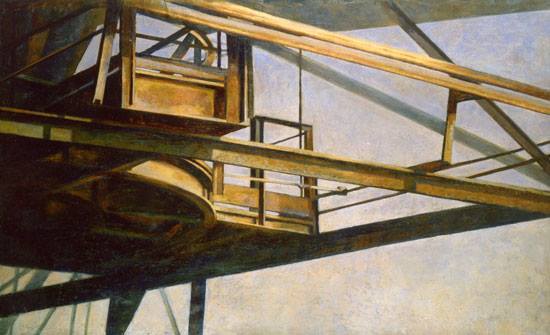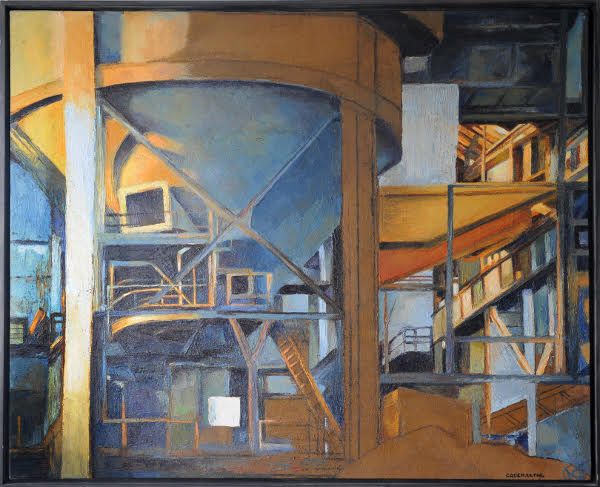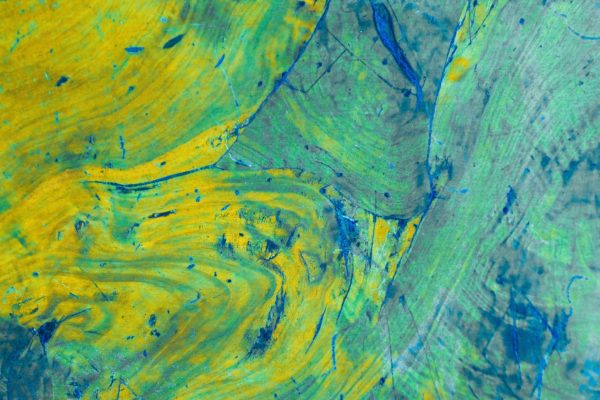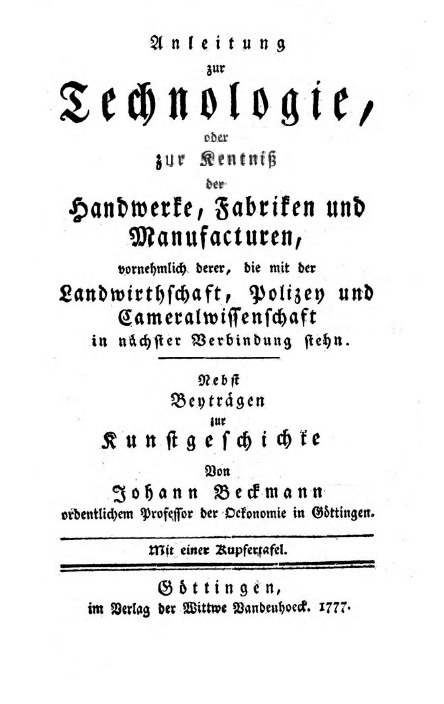Luca Micaloni
Università di Roma Sapienza
luca.micaloni@uniroma1.it


Università degli Studi Roma Tre
roberto.finelli@uniroma3.it
Università degli Studi Roma Tre
roberto.finelli@uniroma3.it

Abstract: Martin Heidegger’s philosophy linked the question of “technique” with the reproposal, in modern terms, of the ancient and medieval category of Being. The purpose of this essay is to demonstrate 1) that the conception of Being as an absolute principle of reality belongs to a primitive and archaic stage of Greek philosophy, still profoundly influenced by a culture of magism and language; 2) that the principle of an ontology distorted by an inadequate philosophy of language cannot be … Continua a leggere
Università degli Studi Roma Tre
mariannina.failla@uniroma3.it

Abstract: The following words are not meant to be new, and after all they cannot be if we think that the new has “always an ancient heart”, as Carlo Levi wrote in one of his books, bringing out the Jewish meaning of memory as the formation of civil consciousness. If not new, they don’t give up innovative reflections on medical art and therefore on the techne addressed to the human being, understood as a psycho-physical complex and not as a body machine. We want to highlight the precious … Continua a leggere
Università degli Studi Roma Tre
martalibertadebastiani@gmail.com

Abstract: In this paper I argue that, following Machiavellian tradition and theory of politics, the authors who may be labelled as Tacitists understand politics as a téchne, a set of governmental practices and techniques oriented towards the maintaining of political order. These practices, which compose the virtue of prudence, are defined through the consideration of historical experience as a theater, a stage where every political problem and its proper solution has already been shown. In Tacitists’ treatises, the historical facts, mainly excerpted from Tacitus and the … Continua a leggere
Universidad Complutense de Madrid
nuriasma@ucm.es

Abstract: This paper aims at giving an account of Kant’s treatment of unconscious representations in his Lectures on Anthropology and Logic, highlighting Kant’s disavowal of a theoretical inquiry of this kind of representations of the mind and his claim of the existence of a pragmatic technique for addressing them. First I tackle Kant’s misgivings against the hypothesis to cast light over the dark side of the mind, drawing as conclusion that the logical unity of apperception remains the unique path giving access to it. Second I give … Continua a leggere
Università degli Studi di Roma “Tor Vergata”
m.costantini@live.it

Abstract: The contribution consists of some fragments that examine, within the Kantian critical texts, in particular within the Kritik der reinen Vernunft and the Kritik der Urteilskraft, three different types of judgment, the aesthetic, the artistic and the teleological, in the attempt to bring out the fundamental connection that the judgment in general tightens with a certain concept of nature and a certain concept of technique, which cannot be traced to the universal mechanism defined by the pure intellect.
Keywords: Kant; Judgment; Nature; … Continua a leggere
UCL, Department of Anthropology
g.frison@ucl.ac.uk; frison.guido@gmail.com

Abstract: The paper shows that the English language has great limitations in the treatment of the concept technology, and provides a rough but necessary taxonomy of the main uses of the term ‘technology’ in the present Anglo-Saxon debate on social sciences and humanities. Then, it shows the first steps of the modern notion of technology, which formerly referred to rhetoric and philology. Christian Wolff (1679 – 1754) introduced the notion of Technologia (in Latin) with little success within a philosophical essay in 1728. The actual development of technology (… Continua a leggere
Università degli Studi di Padova
andrea.cengia@gmail.com

Abstract: This paper is a part of a larger research included in my PhD dissertation. The main aim of the paper is to define an outline of a theory of technology as a part of a critique of political economy. The starting point is identified in the work of Raniero Panzieri, who in the early Sixties combines theoretical analysis of Marx’s Capital with the factory investigation. Panzieri’s research indicates the non-neutrality of Technology applied to production processes. Panzieri’s conclusions lead to return to Marx theory. Starting from these … Continua a leggere
Università degli Studi Roma Tre
teresa.numerico@uniroma3.it

Abstract: The aim of the present paper is to show the evolution of the concept of Artificial Intelligence (AI) and of the different technical methods that progressively informed and organized this concept. The article presents a view of the evolution of such a notion: 1) with special regards to the social, political and epistemological consequences of the chosen technical solutions, 2) with special attention to the parallel transformation of the human intelligence concept. The recent major successes of AI are based on datification and availability of huge quantity … Continua a leggere
Sapienza Università di Roma
ca.albanese@tiscali.it

Abstract: One-dimensional man of which Marcuse wrote is the ancestor of the contemporary digital man, who through the progressive loss of critical capacity is no longer anchored even to that single dimension which the author already indicated as the collapse of human rationality. In the seventies of the twentieth century, capitalism sought to overcome the resistance of public opinion in the face of technological productions functional to the war, formulating oxymorons that aspired to become customary terms: the “father of the H-bomb”. In the absurd synthesis of terms attributable … Continua a leggere
Berlin Centre Technology & Culture
gerhard.banse@t-online.de
Università degli Studi Roma Tre
roberto.finelli@uniroma3.it
Sapienza Università di Roma
pierluigimarinucci4@gmail.com

Bionote: Gerhard Banse is President of the Leibniz-Sozietät (Berlin). He was a member of the Karlsrhuer Institut fur Technologie and of the Academy of Sciences of the German Democratic Republic. He edited the entries Technik e Technologie of the Wörterbuch zu den philosophischen Fragen der Naturwissenschaften (Dietz Verlag, Berlin 1983). He is one of the most prominent researcher about Technology and its polysemous significance. … Continua a leggere
Duke University
(vkaiwar@duke.edu)

Abstract: The critique of what is called postcolonial-studies in the Anglophone metropolitan academy that is elaborated in this paper, takes place via a detailed engagement with one of its most important recent texts, Dipesh Chakrabarty’s Provincializing Europe: Postcolonial Thought and Historical Difference (2000). It is intended to enable fresh critical thinking about the claims of postcolonial-studies to represent a subversive approach to history, politics, etc. It also engages the claims of postcolonial-studies regarding the limits of Eurocentrism, i.e. the tendency to view world history through the lens of European developments. The … Continua a leggere
Università degli Studi di Padova
giulia.angelini@phd.unipd.it

Abstract: This paper focuses on the Agambenian interpretation of Aristotle, which arises from the analysis of the relation between “ζωὴ” and “βίος” and of the figure of the slave. The aim of the work is the following: on the one hand, we will follow Agamben and his revision of the Aristotelian thought, which leads him to elaborate the crucial notion of “bare life”; on the other hand, we will verify whether the possibility to trace such a notion back to Aristotle is legitimate.
Keywords: Agamben; “Bare … Continua a leggere
Università degli Studi di Bari
francescoleone1985@libero.it

Abstract: The aim of this paper is to retrace the philosophical developments of Axel Honneth’s social theory after his rediscovery of Hegel’s Philosophy of Right. In Freedom’s Right, Honneth’s original normative theory of society based on recognition leaves room for a normative theory of institutions grounded on the concept of social freedom. Honneth uses the Hegelian methodological procedure of normative reconstruction to develop a theory of justice based on social analysis. The resort of a teleological philosophy of history makes possible the normative reconstruction and justify … Continua a leggere
Università degli Studi di Bologna
domizio.s@hotmail.it
Università degli Studi di Bergamo
riccardo.bellofiore@unibg.it
Abstract: The article suggests a reconstruction of Marx’s Critique of Political Economy as a macro-monetary theory of capitalist production. The first part of what follows will provide a sort of methodological introduction to Das Kapital. I am questioning the meaning of critique versus criticism, the distinction between fetish-character and fetishism, the role of dialectics, and the difference between reading, interpretation and reconstruction. I will focus especially on Volume I. At the centre of the discussion are: the multiple meanings of abstract labour and socialization, the role … Continua a leggere
Hochschule für Technik und Wirtschaft Berlin
Michael.Heinrich@HTW-Berlin.de
Permettetemi di iniziare con un’osservazione personale sulla mia lettura de Il capitale. Sono circa 43 anni che leggo Il capitale, e devo dire che non mi sono ancora annoiato. Leggerlo è come compiere un avventuroso viaggio intellettuale, ma per godere appieno di quest’esperienza è richiesto un tipo di impegno diverso da quello a cui ci ha ormai abituato il sistema universitario europeo, per il quale «leggere» significa solamente individuare in maniera grossolana alcune delle tesi principali esposte in un’opera.
Leggere Il capitale significa comprenderne la … Continua a leggere
redolfiriva77@yahoo.it
Abstract: The aim of the paper is to explain the concept of «critique of political economy» (CPE) in Marx’s mature work. Starting from the different meanings CPE assumes, I will try to explain the peculiarities of such a critical project. In particular, I will focus the attention on CPE as a critique of capital as objective-subjective totality: on the one side, as a system of social production whose aim is the valorisation of capital, based on the appropriation of unpaid labour and generating a system of socialisation of production increasingly … Continua a leggere
Freie Universität Berlin
fow@snafu.dex
Abstract: Marx’s conception of the ideal average provides an approach to a productive re-discussion of Marx’s epistemological practice in Capital. As a specific approach to systematic theory-building underlying Marx’s critique of political economy it opens a way, with the implied distinction between systematic theory building and empirico-historical exemplification and analysis, it makes it possible today to reconstruct Marx’s «materialist dialectics». More specifically it is claimed, that Marx’s insights into the «limits of dialectical presentation» should be interpreted in a way that makes his «dialectics» compatible with modern, post-fregean … Continua a leggere
Freie Universität Berlin
bredaste@gmail.com
Abstract: The paper aims to show that a materialist understanding of the method followed by Marx in his critique of political economy requires going beyond both the traditional logical-historical interpretation of dialectics and the logical-systematic interpretation developed within the Neue Marx-Lektüre.
Keywords: Marx; dialectics; materialism; Neue Marx-Lektüre; immanent critique
1. Un campo di tensione teorica
La questione della specificità del metodo dialettico seguito da Marx nella sua critica dell’economia politica rispetto a una dialettica idealista è stata al centro di accesi dibattiti … Continua a leggere
University of Zurich
elena.lange@aoi.uzh.ch
Abstract: Marx’s labour theory of value cannot be understood without the critique of the value theories of classical political economy, especially that of Adam Smith and David Ricardo. It is therefore by necessity inflicted with the presupposition of its own intellectual context. Presupposition however is not only central to the formation of the labour theory of value as «analogous to Newton’s Laws in mechanics» (Duncan Foley) in the realm of social science. Presupposition, a strong Hegelian topos, also basically informs the level of Marx’s critique as the … Continua a leggere